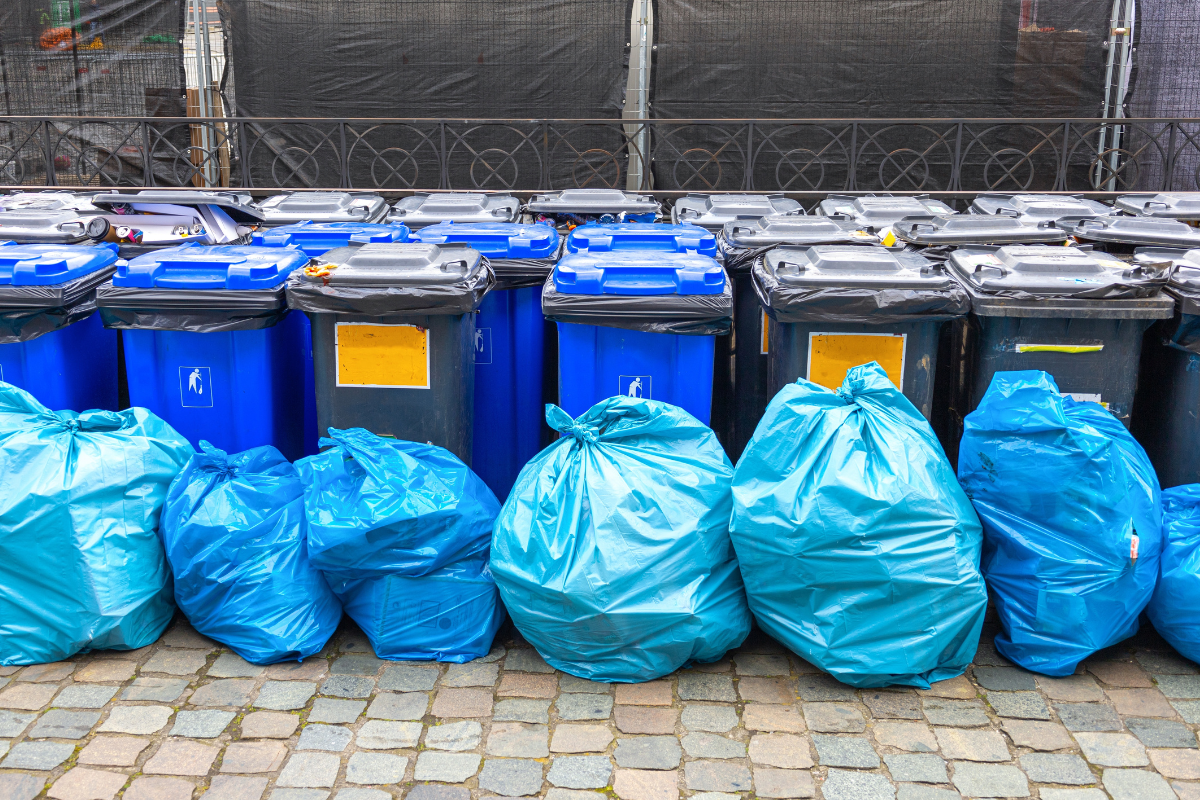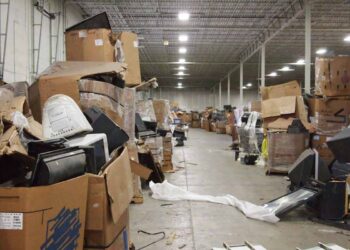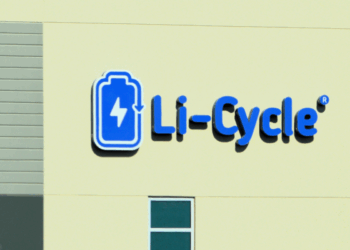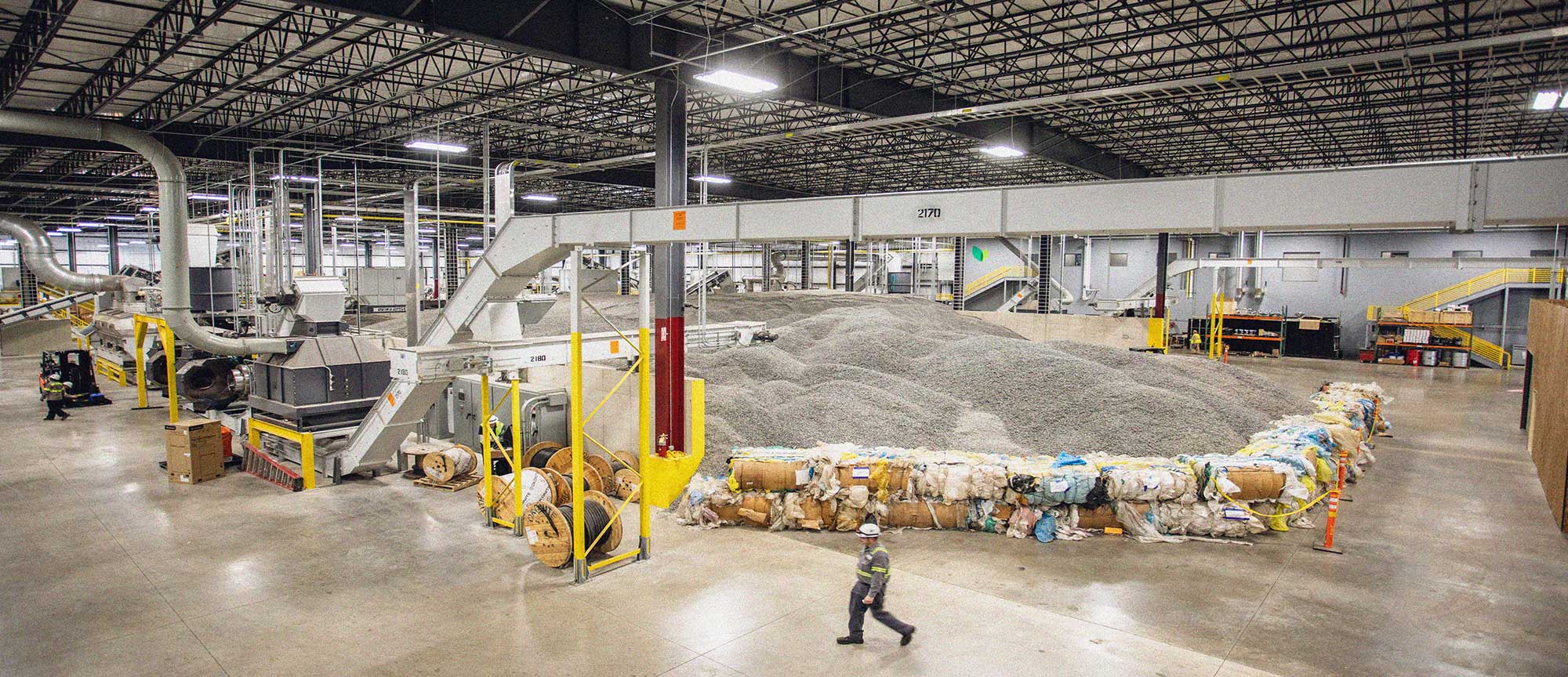Greenpeace’s lawsuit challenging Walmart’s recyclability labels for plastic packaging has ended – again.
The activist group on June 3 agreed to dismiss its complaint against Walmart. The decision came after a judge determined Greenpeace still doesn’t have standing to sue the retailer.
In December 2020, Greenpeace first sued in state court alleging that Walmart’s recyclability labeling on plastic packaging was illegal, taking issue specifically with the How2Recycle label on plastics Nos. 3-7.
In January 2021, Greenpeace moved the case from a state trial court to the U.S. District Court for the District of Northern California. Federal Judge Maxine Chesney in September 2021 dismissed the case, finding that Greenpeace lacked standing to sue Walmart.
Greenpeace amended the text in its complaint and re-filed in October 2021. But Chesney on May 10, 2022, decided that Greenpeace still doesn’t have standing to sue. Specifically, she said Greenpeace failed to sufficiently allege it was injured by Walmart. She also refuted a claim by Walmart, however, finding that private parties are entitled to sue by alleging violations of California’s Environmental Marketing Claims Act.
In her order, Chesney suggested that Greenpeace could fix the issues by re-filing an amended version of its complaint. But on June 3 Greenpeace and Walmart reached a deal through which Greenpeace would simply end the litigation.
Plastics News was first to report on the latest dismissal.
The development is just one of many concerning recyclability labeling in recent years. Keurig recently reached a $10 million settlement to end a lawsuit over its K-Cup recyclability claims. TerraCycle also negotiated a settlement to a lawsuit filed by environmental advocacy group The Last Beach Cleanup over its mail-in recycling programs. The Last Beach Cleanup filed a lawsuit against two grocery store chains alleging the illegality of recycle-in-store reusable plastic bags.
More recently, on June 13, Connecticut’s attorney general sued Reynolds Consumer Products, claiming the company illegally marketed its Hefty brand bags for use with recyclables, despite the fact the bags aren’t compatible with curbside collection and sorting infrastructure anywhere in the state.

























